Direct-to-Film Transfers: Revolutionizing Print Quality in the USA
Direct-to-film (DTF) transfers are transforming printing across industries, offering unparalleled pr…….
In today’s rapidly evolving global economy, “American Made DTF Transfers” (Direct-To-Finish transfers) have emerged as a pivotal concept, reshaping manufacturing, supply chains, and cross-border trade. This article delves into the intricacies of this innovative process, exploring its definition, global impact, economic implications, technological advancements, regulatory environment, and future potential. By examining these facets, we aim to equip readers with a comprehensive understanding of American Made DTF Transfers and their role in shaping industries worldwide.
American Made DTF Transfers refer to a production and distribution model where goods are manufactured entirely within the United States, from raw material sourcing to the final product. This approach stands in contrast to traditional outsourcing or offshoring practices, where various stages of production might occur in different countries. The term ‘DTF’ emphasizes the direct connection between manufacturing and market delivery, ensuring a swift and efficient supply chain.
At its core, this concept revolves around three key components:
Domestic Production: American Made DTF Transfers prioritize local manufacturing facilities, empowering U.S.-based companies to control the entire production process. This includes designing, sourcing materials, assembly, testing, and packaging within the country.
Direct Distribution: Once produced, these goods are immediately distributed to their final destinations, whether domestic retailers or international markets. This direct route minimizes intermediary logistics, potentially reducing lead times and transportation costs.
Quality Assurance: By maintaining control over every step of production, American Made DTF Transfers enable stringent quality control measures. U.S. manufacturers can ensure adherence to high-quality standards, safety regulations, and consumer expectations, fostering a reputation for reliable product excellence.
Historically, the concept gained traction in response to global economic shifts, rising trade tensions, and a growing demand for transparent supply chains. Companies sought ways to mitigate risks associated with overseas production and transportation, ensuring faster market responses to evolving consumer preferences.
The influence of American Made DTF Transfers extends far beyond U.S. borders, shaping global economic landscapes in several significant ways:
Reshoring and Onshoring: Many companies are reshoring or onshoring their production, bringing manufacturing back to the United States or keeping it within their home region. According to a 2021 Reshoring Initiative report, over 400 U.S. companies reshored operations, creating thousands of domestic jobs. This trend is driven by the desire for faster response times, improved quality control, and reduced exposure to geopolitical risks.
Regional Economic Boost: American Made DTF Transfers contribute to local economies by creating jobs, stimulating investment, and fostering industrial growth. States and regions with thriving manufacturing sectors benefit from increased tax revenues and a skilled workforce. For instance, the Midwest has experienced a resurgence in manufacturing due to reshoring efforts, revitalizing once-declining industries.
Supply Chain Resilience: By localizing production, companies enhance their supply chain resilience. They reduce the risk of disruptions caused by geopolitical tensions, natural disasters, or logistics bottlenecks. This is particularly evident in industries like automotive and electronics, where localized manufacturing has become a strategic priority.
Sustainable Practices: The focus on domestic production encourages sustainable practices, as transportation distances are shortened. Smaller carbon footprints align with global sustainability goals, making American Made DTF Transfers an attractive option for eco-conscious consumers and businesses.
The economic landscape surrounding American Made DTF Transfers is complex and dynamic, shaped by various market forces:
| Economic Factors | Impact |
|---|---|
| Market Demand: Strong domestic demand for certain products drives the need for localized production to meet consumer expectations promptly. | Encourages reshoring and investment in high-demand sectors like consumer goods and electronics. |
| Global Trade Policies: Trade agreements, tariffs, and import/export regulations influence the cost-effectiveness of American Made DTF Transfers versus overseas alternatives. | Can make U.S.-made products more competitive or create incentives for offshoring, depending on policy implications. |
| Labor Costs: Variations in labor costs between regions impact production decisions. Lower labor expenses abroad may attract some manufacturers, while domestic labor shortages could increase costs. | Leads to strategic pricing and sourcing strategies, considering the balance between quality, cost, and market positioning. |
| Consumer Preferences: Evolving consumer tastes and demand for transparency drive the appeal of American Made DTF Transfers. | Industries focusing on premium, niche products or those requiring quick response times benefit significantly. |
Technology plays a pivotal role in the success and future of American Made DTF Transfers, enabling manufacturers to streamline processes and enhance efficiency:
Digital Manufacturing: The adoption of digital technologies, such as Computer-Aided Design (CAD) and Computer Numerical Control (CNC) machines, allows for precise, automated production. This reduces waste, improves product consistency, and enables rapid prototyping.
Internet of Things (IoT): IoT sensors and connected devices monitor production processes in real time, optimizing efficiency and enabling predictive maintenance. Smart factories can adapt to changing market demands with minimal disruption.
Advanced Robotics: Robotic systems enhance assembly lines, improving speed and precision while reducing labor costs. Collaborative robots, designed for human-robot collaboration, further increase flexibility and productivity.
3D Printing (Additive Manufacturing): This technology allows for on-demand production of complex geometries, reducing waste and enabling rapid customization. It is particularly useful for low-volume, high-value products.
The regulatory landscape surrounding American Made DTF Transfers is crucial for manufacturers to ensure legal compliance and maintain consumer trust:
Safety Standards: U.S. manufacturers must adhere to strict safety regulations, such as those set by the Consumer Product Safety Commission (CPSC) and the Food and Drug Administration (FDA), depending on the industry. These standards ensure product safety and protect consumers.
Environmental Regulations: Compliance with environmental laws, like those governing emissions, waste management, and resource use, is essential to avoid penalties and maintain a positive brand image.
Trade Compliance: Companies must navigate complex trade regulations, including import/export controls, customs procedures, and compliance with international standards, especially when dealing with global supply chains or exporting products.
Data Privacy and Security: With the increasing use of digital technologies, protecting consumer data and ensuring privacy become critical considerations, as evidenced by regulations like the General Data Protection Regulation (GDPR) in Europe.
American Made DTF Transfers are not just a passing trend; they represent a fundamental shift in manufacturing strategies with significant future implications:
Customization and Personalization: Technology enables manufacturers to cater to individual consumer preferences, offering customized products on demand. This is particularly relevant in industries like fashion, footwear, and electronics.
On-Demand Manufacturing: The concept of on-demand production, where goods are made only when ordered, reduces inventory costs and waste. It aligns with the needs of e-commerce and just-in-time inventory management.
Regional Specialization: Certain regions may become hubs for specific product categories, leveraging their unique advantages in technology, skills, or natural resources. This specialization could lead to a more diverse global manufacturing landscape.
Sustainable Leadership: By embracing localized production, U.S. manufacturers can take the lead in sustainable practices, offering eco-conscious consumers compelling choices and contributing to global sustainability goals.
American Made DTF Transfers represent a powerful tool for revitalizing U.S. manufacturing, enhancing economic competitiveness, and shaping global supply chains. By understanding this concept, businesses, policymakers, and investors can make informed decisions to capitalize on its potential. The future of manufacturing lies in balancing the benefits of localized production with the flexibility of global connectivity, ensuring a robust and resilient economy for all.
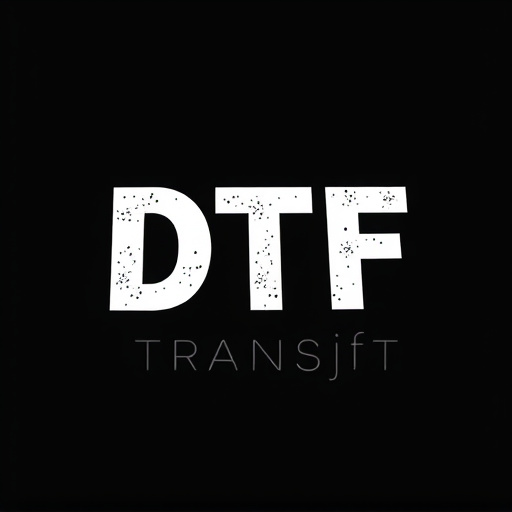
Direct-to-film (DTF) transfers are transforming printing across industries, offering unparalleled pr…….

Direct-to-film (DTF) transfers have transformed printing by enabling direct reproduction of images o…….
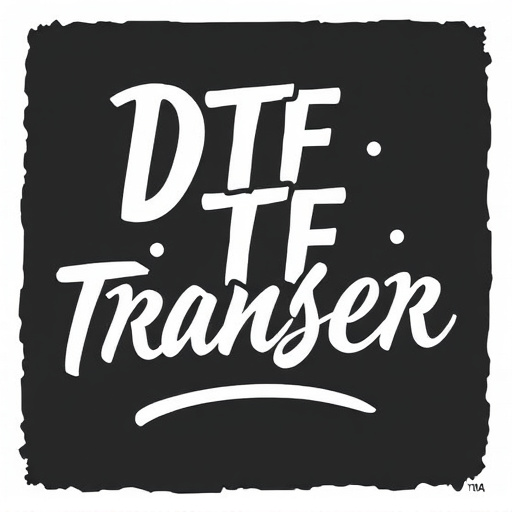
Direct-to-film (DTF) transfers are transforming visual content creation and presentation with unpara…….

DTF Prints (Direct-to-Film) revolutionize film preservation and enjoyment by delivering high-quality…….
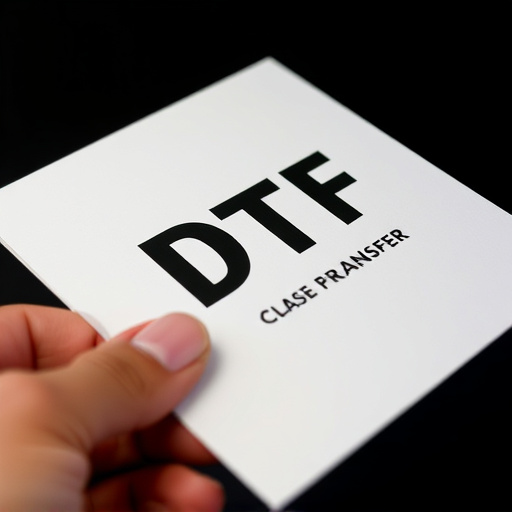
DTF Prints (Direct-to-Film) are transforming American cinema by offering high-quality, cost-effectiv…….

Direct-to-film (DTF) transfers, a revolutionary printing process, are gaining traction in the US fil…….
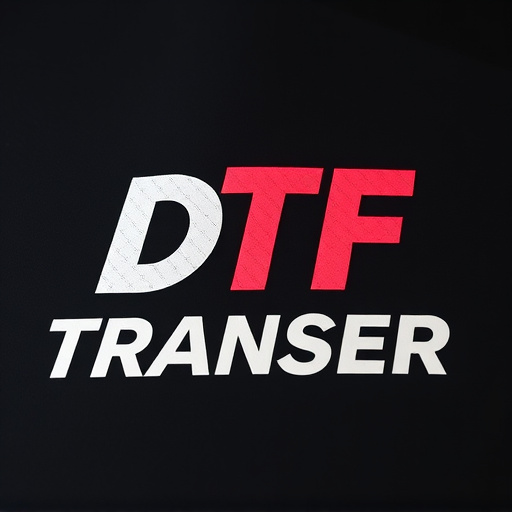
Direct-to-Film (DTF) transfers are transforming film distribution by delivering high-quality content…….
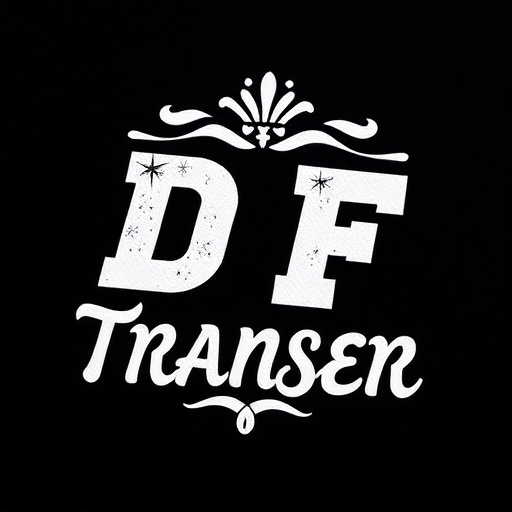
Direct-to-film (DTF) technology is transforming American film production and preservation by digital…….

Direct-to-film (DTF) transfers represent a cutting-edge process in the film industry, directly captu…….
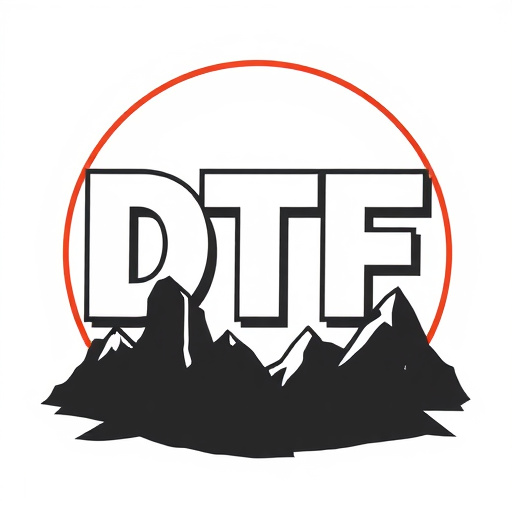
Direct-to-film (DTF) transfers are revolutionizing film preservation and distribution by digitally r…….